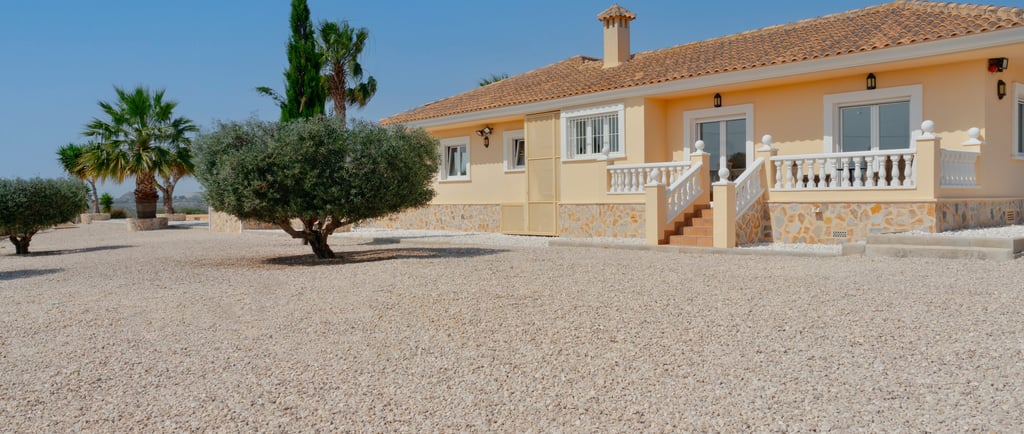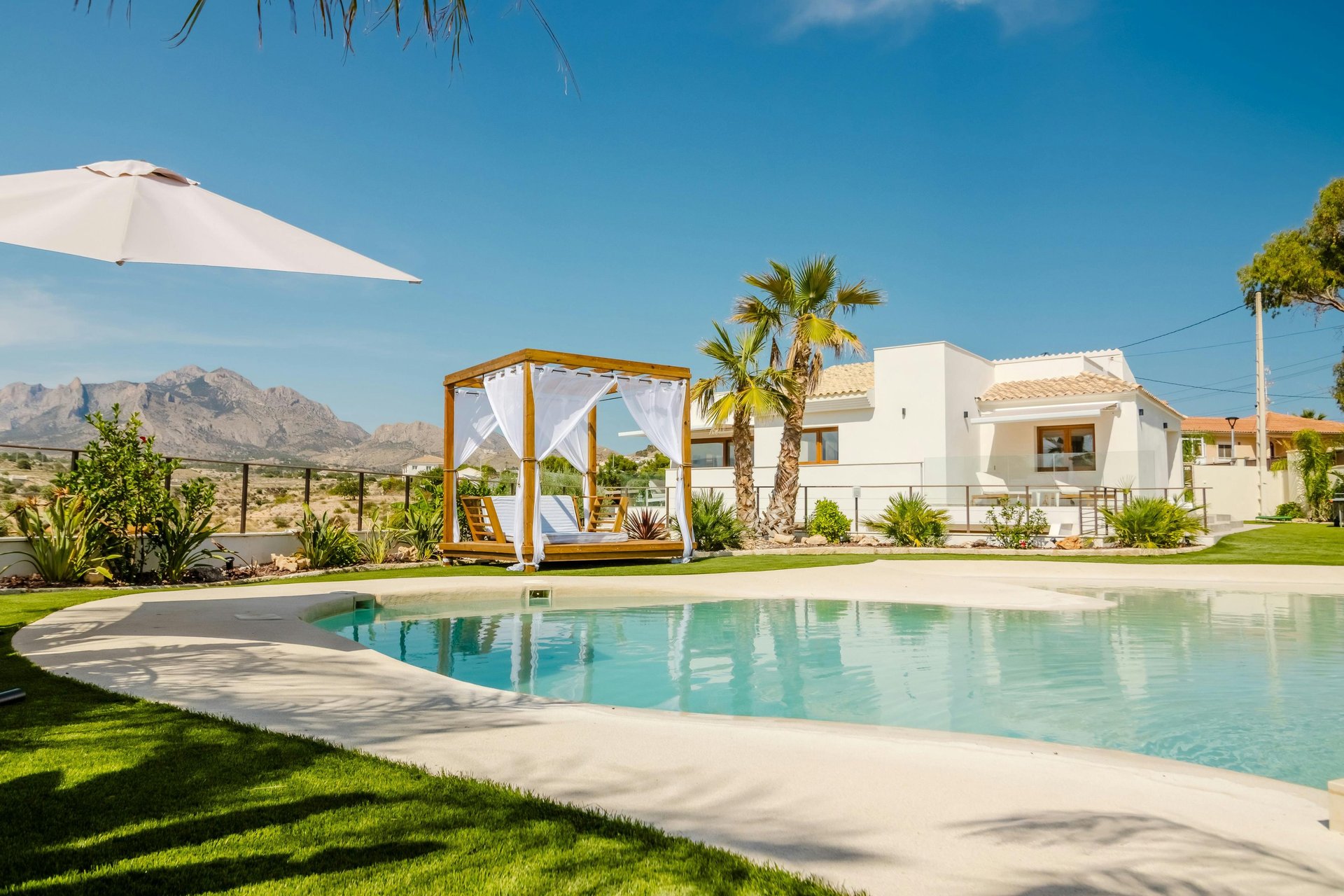Seller's Guide in Spain
Advice for Sellers Looking to Sell Their Home in Spain
Marta Podsiodlo


Selling Your Home in Spain: A Comprehensive Guide
Selling a home is a significant undertaking, whether you're relocating, downsizing, or simply moving on to a new chapter, it's crucial to navigate the selling process with a clear strategy. This guide provides detailed tips and advice to help you sell your home in Spain effectively, ensuring a smooth transaction and a favourable sale price.
1. Understand the Market and Timing
Research the Local Real Estate Market
Before listing your property, familiarize yourself with the local real estate market. Spain's property market varies significantly between regions and even neighbourhood's. Factors such as the economy, tourism trends, and seasonal demand can influence property prices. Websites like Idealista, Fotocasa, and Habitaclia can provide valuable insights into current listings and market trends.
Optimal Timing
Spring and early summer are generally the best times to sell a home on the coast and late summer and winter are better inland. The weather is favourable, and potential buyers, including international ones, are more active. However, this can vary based on location. For instance, coastal areas may see increased interest during summer due to holiday home buyers.
2. Prepare Your Home for Sale
First Impressions Matter
The exterior of your home is the first thing potential buyers see, so make sure it’s appealing. Simple tasks like painting the front door, tidying up the garden, and ensuring the facade is clean can make a big difference.
Declutter and Depersonalize
A clutter-free home allows buyers to envision themselves living there. Remove personal items like family photos and excessive decorations. This creates a neutral space that appeals to a broader audience.
Repairs and Renovations
Fix any obvious issues, such as leaky faucets, cracked tiles, or peeling paint. While major renovations may not always yield a high return on investment, minor repairs and touch-ups can significantly enhance your home's appeal.
Staging and Photography
Consider hiring a professional photographer to showcase your home in the best light. Professional photos can attract more potential buyers online, as they provide a clear and attractive representation of your property. At Dreaming of Spain Inmobiliaria, we offer photography packages that can help you sell your home, just ask us about it!
3. Legal and Documentation Aspects
Gather Necessary Documents
Ensure all property documents are in order. Essential documents include:
- Nota Simple: A short form of the land registry extract showing property details, ownership, and encumbrances.
- Cédula de Habitabilidad or Licencia de Primera Ocupación: Certificate of occupancy.
- Energy Performance Certificate (EPC): Required by law, this document rates the energy efficiency of your home.
Legal Representation
Consider hiring a Spanish real estate lawyer (**abogado inmobiliario**) to handle the legal aspects of the sale. They can help with paperwork, ensure compliance with local laws, and protect your interests during negotiations.
Pricing Your Home
Professional Appraisal
At Dreaming of Spain Inmobiliaria, we recommend starting with a professional appraisal to determine your property’s true value. This step ensures a competitive and realistic asking price, avoiding pitfalls of overpricing or undervaluing your home.
Comparative Market Analysis (CMA)
We provide a detailed Comparative Market Analysis (CMA), comparing recent sales of similar properties in your area. This insight helps in setting a competitive price that attracts serious buyers and aligns with current market conditions.
Marketing and Advertising
Partner with Us
While some choose to sell privately, working with Dreaming of Spain Inmobiliaria offers distinct advantages. Our team brings extensive market knowledge, expert negotiation skills, and robust marketing strategies. We’ll feature your property on leading real estate platforms, coordinate viewings, and manage all negotiations.
Negotiation and Offers
Prepare for Negotiations
Be ready for negotiations, as buyers may propose offers below the asking price. We’ll help you navigate these discussions, ensuring you’re aware of your minimum acceptable price and assisting with counteroffers.
Reviewing and Accepting Offers
When offers come in, we’ll help you evaluate not just the price but also important terms like closing timelines and contingencies. Once an offer is accepted, a deposit is typically paid, and an Arras Contract (preliminary contract) is signed to formalize the agreement.
Closing the Sale
Finalizing the Deal
With an offer accepted, the next step is signing the Contrato de Compraventa (sales contract) and completing the transaction at the notary’s office. This process includes settling any remaining payments, transferring ownership, and ensuring all legal requirements are met.
Transfer of Ownership
The sale is officially concluded when the escritura (deed) is signed before a notary. At this point, ownership transfers to the buyer, and all keys and essential documents should be handed over.
8. Post-Sale Considerations
Taxes and Fees
Be aware of the taxes and fees associated with selling a property in Spain, such as the Plusvalía municipal tax, capital gains tax, and agent commissions. It's advisable to consult with a tax advisor to understand your obligations.
Cancellation of Utilities and Services
Cancel or transfer utility services, such as electricity, water, internet, and any other contracts associated with the property.
Photographs by Marta Podsiodlo

Specializing in Luxury Residential and Country Properties in Alicante and Murcia.
Contact
© 2026. All rights reserved.


